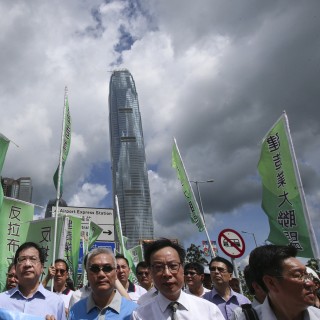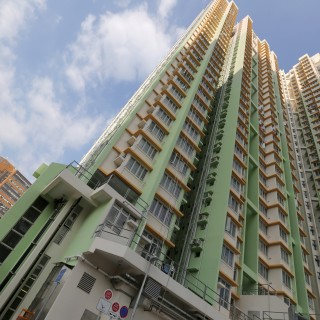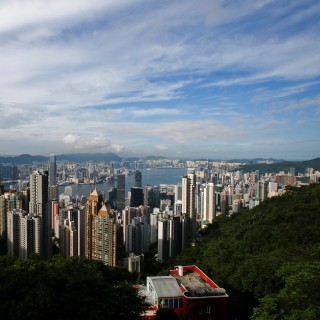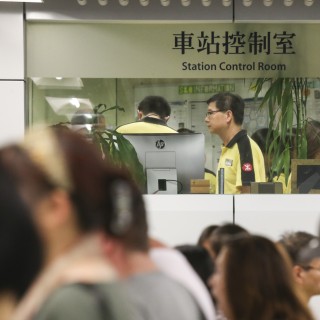History speaks for itself. In the post-war years, much of Hong Kong people’s wealth was accumulated through property investment. And buying the cheapest property in a prime location was always better than buying the most expensive property in an inferior area.
But times are changing. With the rise of China and the subsequent inflow of mainland capital, ostentatious investors from across the border now dominate the Hong Kong market. And their style of investment has turned the golden rule upside down.
As we all know, property prices have been rising more or less continuously since the 1980s, and, most of the time, the market has been steered by luxury property. Properties in the top districts, such as on The Peak, in Mid-Levels and the southern districts, excel in the market, and their prices reach record highs every year. These luxurious properties were the most defensive assets of Hong Kong people during the financial crisis of 1997. They have been the mainstay of the real estate market.
After the economic downturn, in 2005, thanks to the Individual Visit Scheme that allowed individual mainland tourists to come to Hong Kong, and the Closer Economic Partnership Arrangement between Hong Kong and the mainland, the property market recovered. The prices of luxury residences in the prime districts were the first to rise. Again, the wisdom of property investment prevailed.
However, after the global financial crisis hit in 2008, the Chinese government put together a 4-trillion-yuan stimulus package (HK$4.7 trillion in exchange rates today) to boost the economy. The measures caused a huge flow of capital into Hong Kong’s real estate market.
In 2012, after becoming chief executive, Leung Chun-ying imposed cooling measures on the property market. The policy appeared to be aimed at combating real estate hegemony; however, all it did was destroy the housing ladder of the Hong Kong people. Mainland investors with their immense capital were unaffected by the cooling measures. They carried on buying luxury properties, which drove property prices overall to spiral frantically to a level beyond what most people could easily afford.










Comments